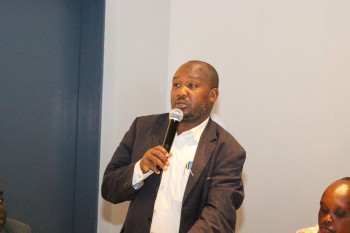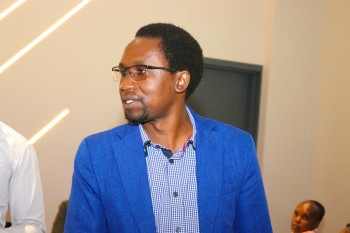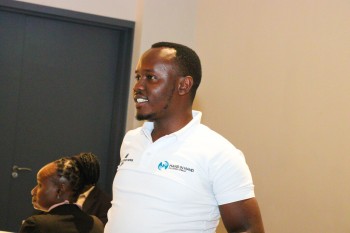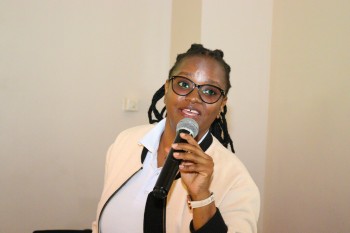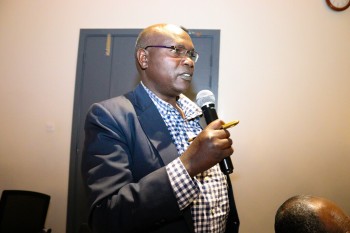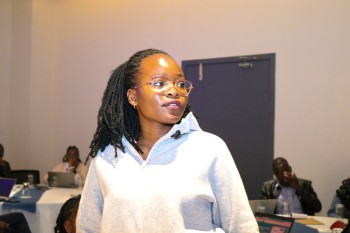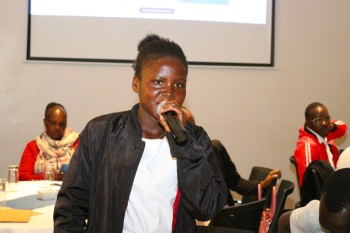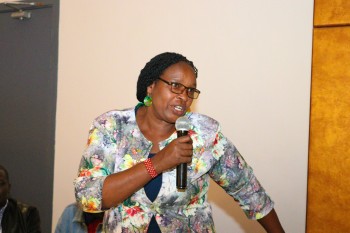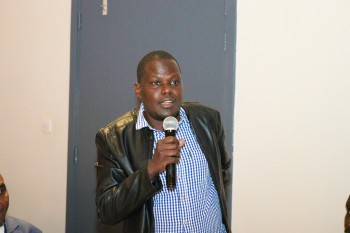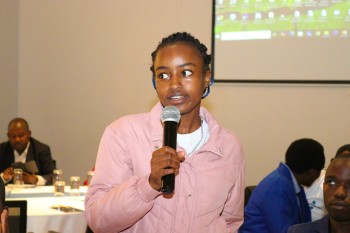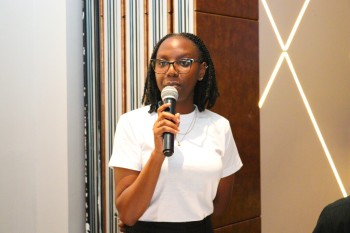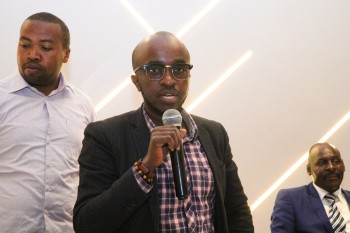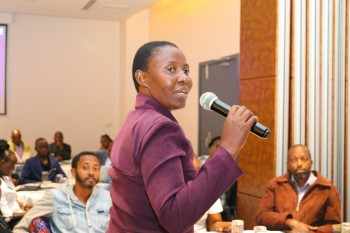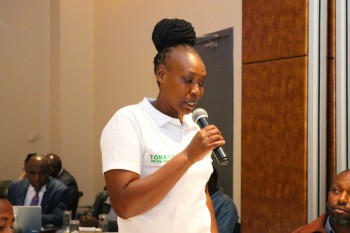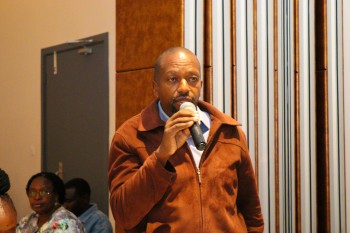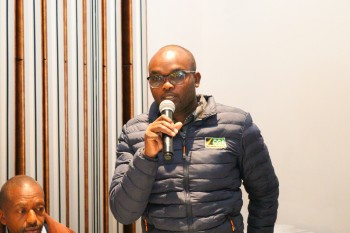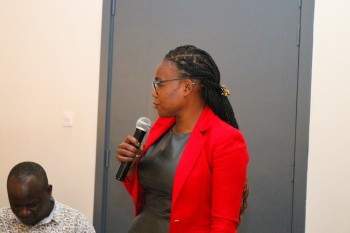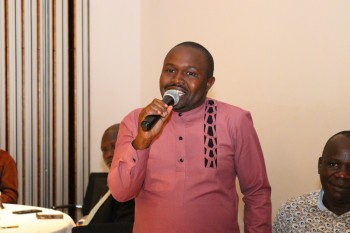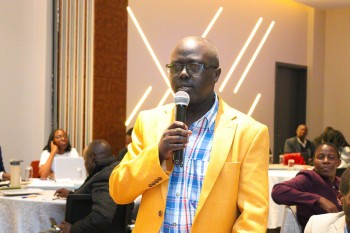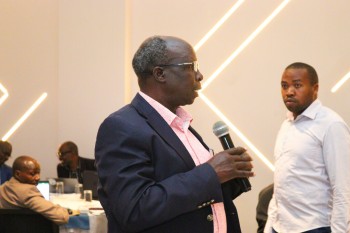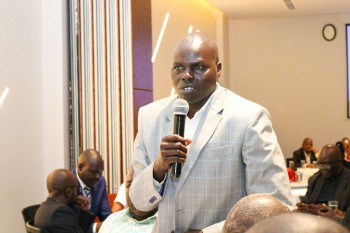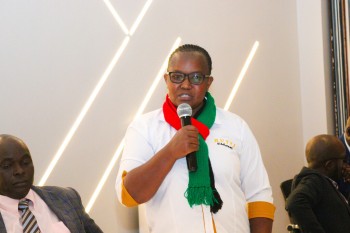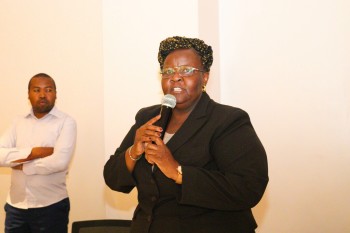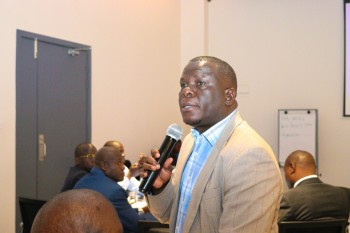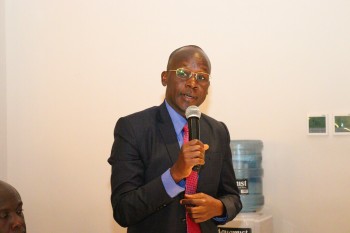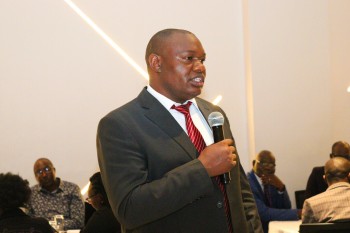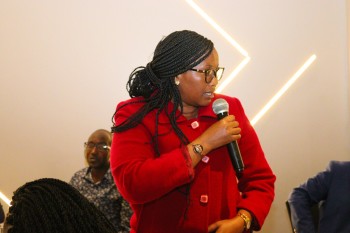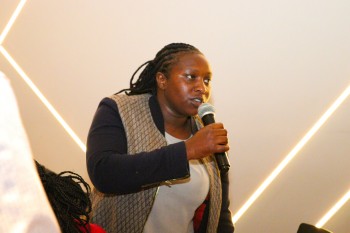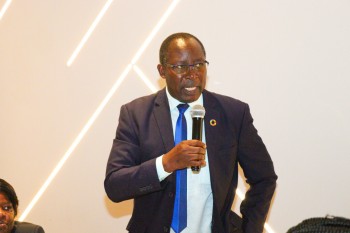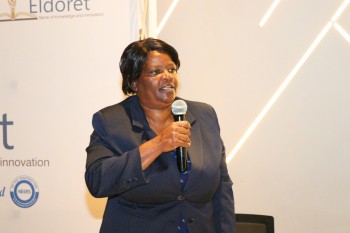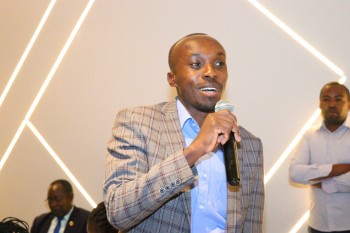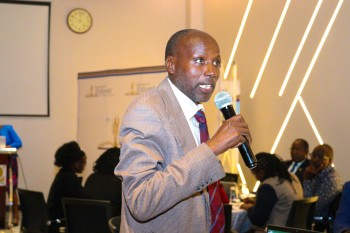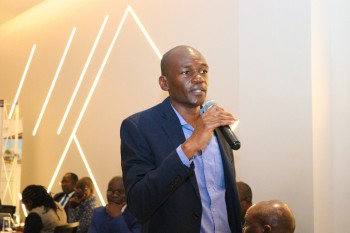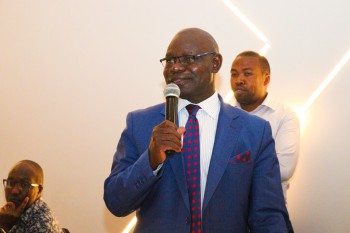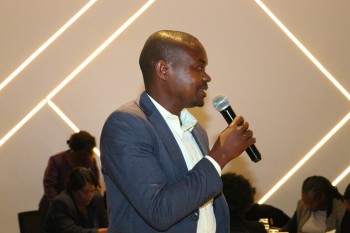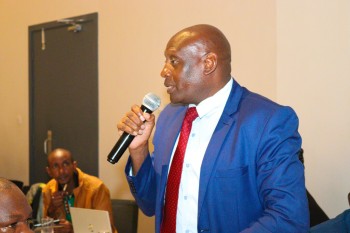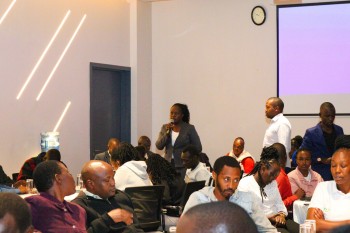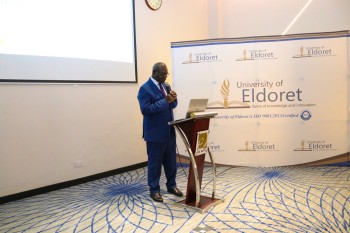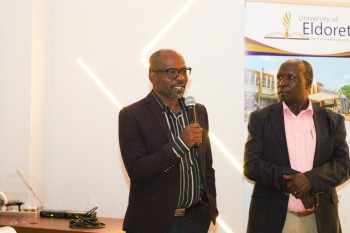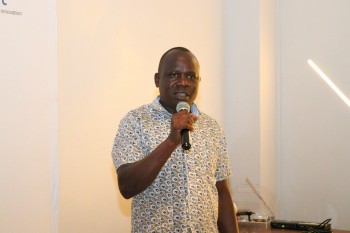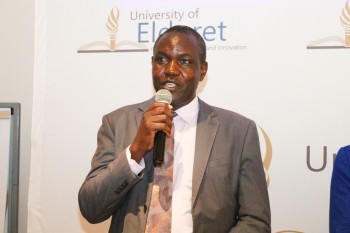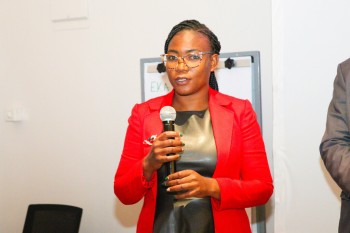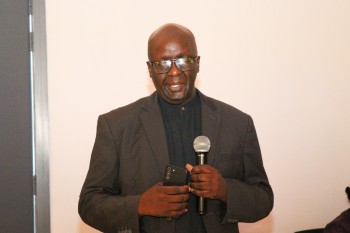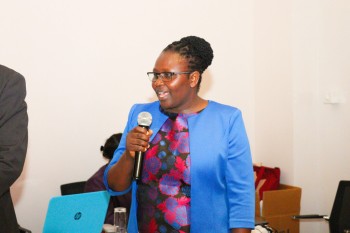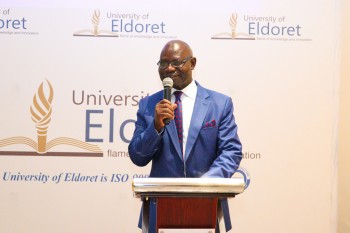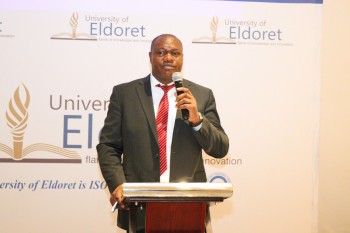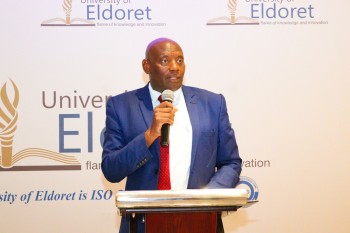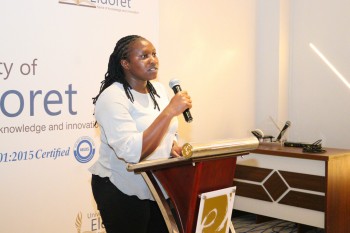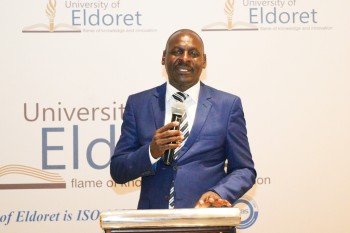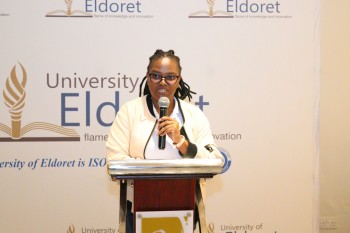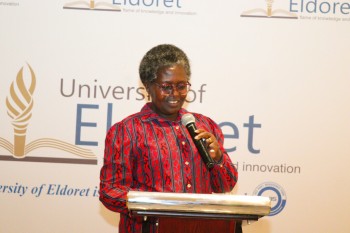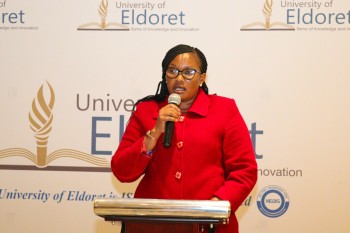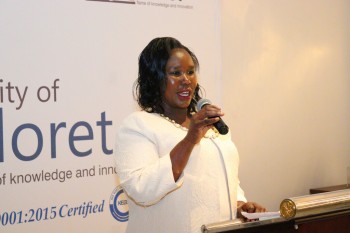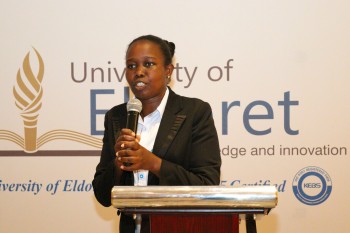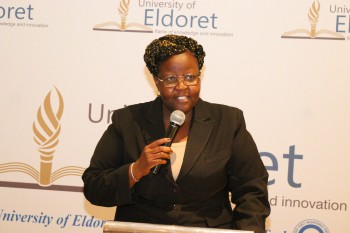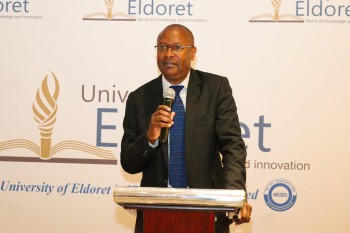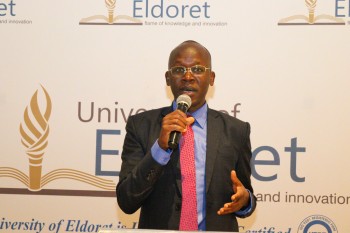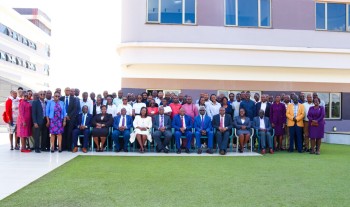The program “Transforming African Agricultural Universities to Meaningfully Contribute to Africa’s Growth and Development” - TAGDev 2.0 was officially launched at a colourful ceremony witnessed by the University Management leadership, University Deans and Directors, the Consortium partners, stakeholders and the TAGDev 2.0 Implementation team.
In his speech read on his behalf by Prof. Nicholas Makau (Ag. Vice-Chancellor), the Vice-Chancellor Prof. Thomas Cheruiyot appreciated the stakeholders for the meaningful discussions that they had held and affirmed that the University, through the TAGDev 2.0 program, was committed to addressing youth unemployment, a pressing issue that continues to challenge the progress of our continent. He noted that with over 60% of Africa’s population comprising of young people, there was need to harness the demographic dividend and TAGDev 2.0 was a direct response to this need, focusing on equipping young people with the skills, knowledge, and opportunities they require to thrive.
Prof. Cheruiyot reiterated that TAGDev 2.0 was deeply rooted in community engagement, recognizing that the best solutions often come from those directly affected by the challenges. “By listening to and learning from the community, the program ensures that its interventions will be relevant, practical, and sustainable” he said.
As TAGDev 2.0 was officially launched, he emphasized that it was not a mere university program—it was a call to action for everyone. Governments, private sector players, civil society organizations, and individuals all had a role to play in ensuring the success of the initiative. He asked the students to seize the opportunities presented by TAGDev 2.0. by embracing the experiential learning, entrepreneurial training, and leadership development programs. He said, “You are the future of this continent, and your success is our collective success.”
Various stakeholders also assured the Vice-Chancellor of their support towards the program. Dr. Selly Kimosop, the Chair of EMC Public Service Board, who represented the EMC Governor Hon. Wisley Rotich, said that the county would fully support the program and participate in the curriculum reviews, greening of the landscapes and would provide an area for incubation centers together with access to the IDP’s within the county. Ms. Winnie Kanda from NOREB (North Rift Economic Bloc) appreciated that the that the program focused on the youth and gender mainstreaming. She said NOREB goals of improving agriculture, working with youth and sports tourism resonated well with the objectives of program, and through collaboration, they would be able to work within its scope to ensure the programs’ objectives are realized. She noted that many small scale farmers give-up easily thus the program and its team of experts would be able to advise and encourage them accordingly. Mr. Richard Opar from the Kenya National Federation of Jua Kali Associations affirmed that the association will participate in job and knowledge creation as the association is based in all the 47 counties. Ms. Joy Eddah from Kenya Climate Innovation Centre welcomed the program and said that with the model presented that would have aggregation centre, model farms, training, the online platform and gender mainstreaming training, KCIC will provide support especially within the common objectives of the 2 institutions.
Madame Grace Titi, Principal of Sabatia TVC, on behalf of the TVET institutes in attendance thanked the University for the invitation and noted that the program resonated well within the TVET institutions and looked forward to the dual training system that would be effected. On behalf of the research institutes in attendance, Dr Paddy Likahyo from KALRO mentioned that the partnership would generate technologies that would impact agriculture positively, catalyze the transfer of agricultural technology, improved quality of feeds and feed formulation and and the program would eventually commercialize innovation and apps that will greatly improve agriculture and build capacity in the sector.
Dr. Chris Ojiewo from CIMMYT who participated in the proposal writing for the program said behaviour change would need to be implemented targeted at the youth and women as well as creating access to markets for the farmers. Prof. Manyala, on behalf of the consortium Universities appreciated that the Inception Meeting had been an opportunity for networking and the beginning of long term partnerships. He mentioned that the participating Universities have the training capacities and were committed to delivering the objectives of the program with effective and coordinated efforts.
In closing, Prof. Nicholas Makau urged the members to pass the message that agriculture is not a last resort profession but an entrepreneurial profession that will meet the University and community needs and enhance the relevance and work transitions of young people.

